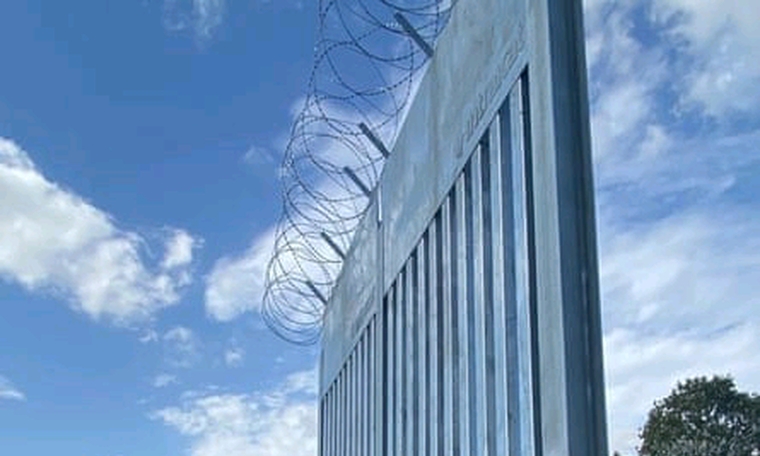In response to the migration pressure, the Greek government has finalised plans for extending the wall along its north-eastern border. The barrier is intended to prevent mass crossings into the European Union, as was the case in the past.
Greece has finalised plans to add 26 kilometres of wall to an existing 10-kilometre section of fence in the north-east of the country.
The 63-million-euro project will be completed by the end of April, government spokesman Stelios Petsas said. Building the wall was initiated after Turkey opened its border for illegal migrants in February and tens of thousands tried to cross into Greece.
Migratory pressure eased during the pandemic, but it began to intensify again by the beginning of the second wave, with hundreds of illegal immigrants arriving in Greece. By the end of September, 3,709 illegal immigrants had crossed the Greek-Turkish border and a further 9,115 had arrived in the Balkan country by boat, according to the UN Refugee Agency.
According to the AP news agency, the wall will be 5 metres high and will be made of galvanised steel, which will be mounted on a concrete base. Greek authorities have also revealed that a camera system with motion sensors and sirens will be installed along the entire length of the 192-kilometre Greek-Turkish border to deter migrants wishing to cross.

